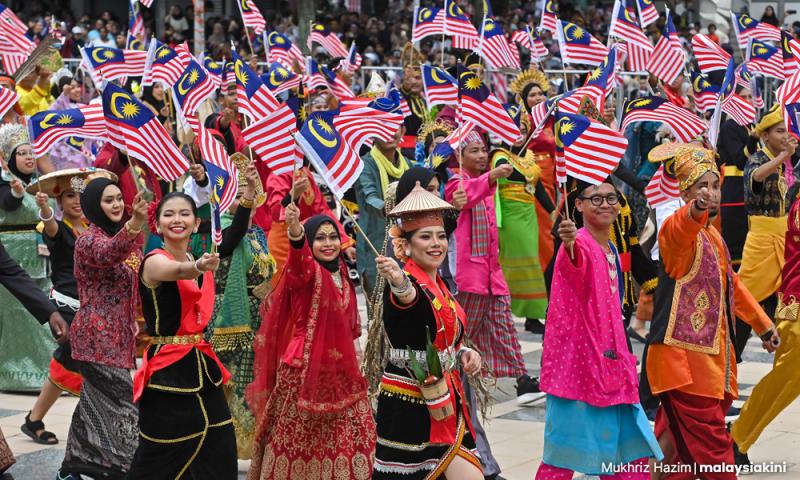
Ong Kian Ming
COMMENT | I am glad that Prime Minister Anwar Ibrahim has apologised for using the word “keling”, even if it was cited as a reference from the book ‘Hikayat Hang Tuah’.
I was not surprised that news about this went viral before Christmas, which sparked a furious response from the Indian community in Malaysia. However, I was somewhat disappointed by calls by certain people for the Indian community not to be upset by the incident.
As a non-Indian, I don’t think it is my place to tell my Indian friends what they should or should not be offended by. Instead, I want to highlight this episode as a learning opportunity for all of us.
Most of us use pejorative language in our private speech, including language which would be deemed racist in this day and age. For example, many people would use the word “Bangla” to describe foreign workers from Bangladesh.
The Chinese Malaysians, especially the older generation, would refer to those from the Punjabi community as “Bengali-Singh” without realising that the “Singhs” are from the state of Punjab in Northwestern India and that Bengali is the national language of Bangladesh, which is located on the eastern side of the Indian subcontinent!
The word “babi” would be attached to the Malay or Chinese community to be used as an insult, depending on which community you are from.
Our natural “instinct” to use these pejoratives in public would be much reduced if we were to stop using these words in private.
More importantly, we should examine ourselves carefully as to the underlying reasons for the use of these words in private in the first place. I doubt that many of us would be using these words in an “academic” setting.
More often than not, we are using these terms to label an entire race due to the actions of a few in a broad, sweeping manner which is unfair to an entire community.
Examples include labelling the entire Malay community as “malas” or the entire Chinese community as “greedy” or calling the Indian community as “gangsters”.
Not too much to ask
I don’t think it would kill us to use the term “Bangladeshi” instead of the insulting “Bangla”. After all, we have no trouble calling our friends from Kuching or Sibu or Bintulu, “Sarawakians”. Both words have four syllabi.
Even some words which are not pejoratives can be used in “insulting” ways if the user of these words is not careful.
For example, the prime minister, in using the words “Cina” and “DAP” to describe Transport Minister Anthony Loke, in the context of the actions taken against ships registered to a publicly held Israeli international cargo shipping company, could be seen as something not just insulting to the Chinese community but does not do any favours to the Palestinian cause, which should be seen as a humanitarian and human rights issue, and not a religious or a racial one.
Our leaders from the political, business, religious, social and education communities can take the lead in making public commitments not to use such language in public as well as in private.
A good place to start would be through the words used during speeches and debates in Parliament.
Finally, there are simple gestures which we can undertake to move away from these stereotypes.
Rather than labelling someone by his or her race as our first instinct, why not find out that person’s name and talk to that person to find out more about his or her background so that this person becomes more than just a racial label?
Humanising our interactions with others is a start in the process of humanising the social and race relations in this country.
ONG KIAN MING is former Bangi MP and former deputy international trade and industries minister.
Anwar using the Keling word is part of continuing campaign by Race and Religion Supremacists to desensitise the word, so it eventually becomes common acceptance.
ReplyDeleteI have unfortunately come to the conclusion Anwar Ibrahim is in truth one of and always was Race and Religion Supremacists.
We've been duped.